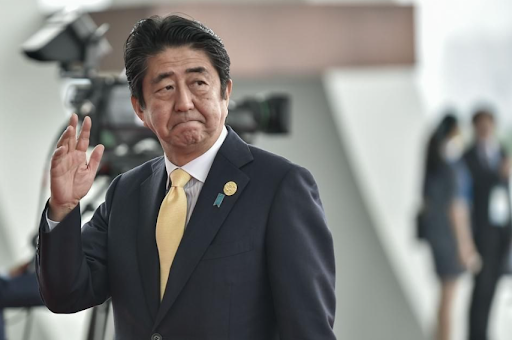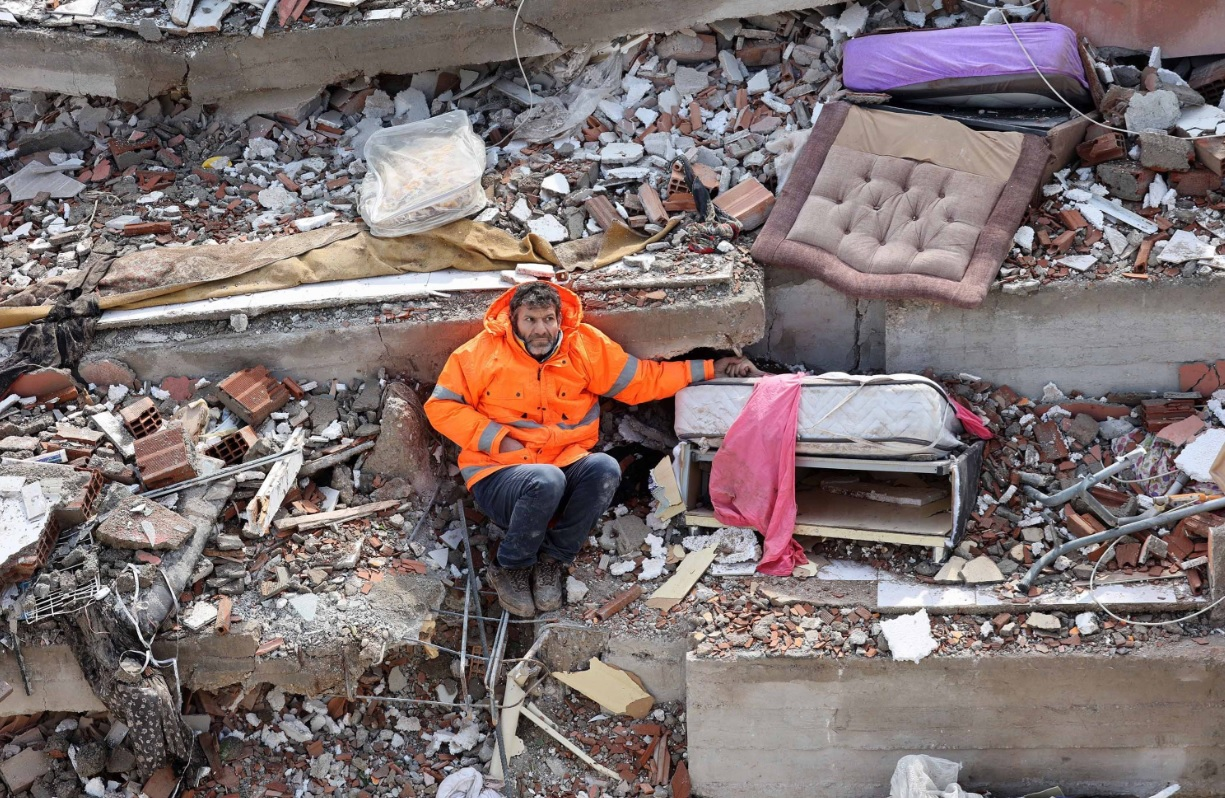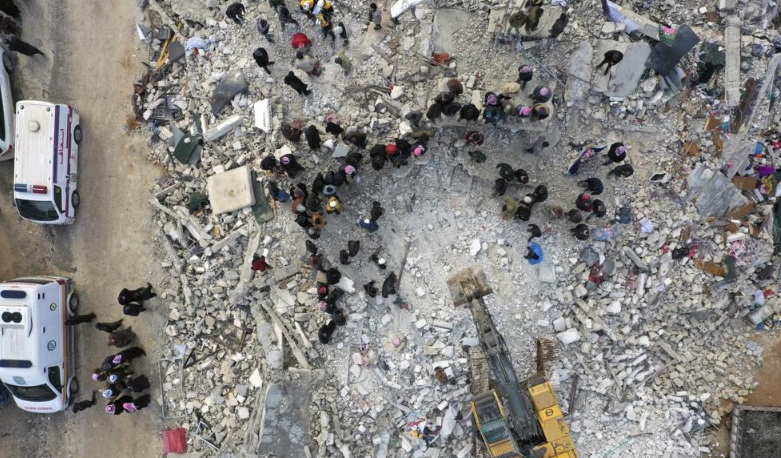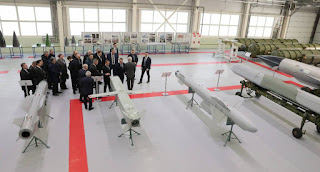
How and why do US-Trained Afghan Troops, ISIS, and Syrian Rebels end up Fighting on either side in Ukraine?
In the 1970s and 80s, the US and Saudi Arabia worked together to radicalize, train, and equip fighters in Afghanistan with the hope that these fighters who combine a sectarian zeal and military skill will bring down the Soviet Union. The religious sectarian zeal empowered these fighters to attack the US on September 11, 2001.
Ten years later, in 2011, the US, Qatar, and Saudi Arabia trained and supplied fighters who were trained or inspired by the Afghan rebels to bring down the Syrian government. Russia stepped in in 2015 and reversed the gains made by al-Qaeda and ISIL troops.
Since 2002, the US military and intelligence started to train and arm an elite force in Afghanistan, some 30,000 fighters. Twenty years later, the US pulled out of Afghanistan and left that country in the hands of Taliban, the same government the US dislodged in 2002. Most of these elite Afghani troops were left behind. We are now learning that many of them, about 2/3 of them, are recruited to fight with Russia in Ukraine, the country that has received nearly $100 billion in aid and military equipment to help it fight the Russians.
Over the twenty years since it invaded Afghanistan in the aftermath of the September 11, 2001 attacks, the United States has built, equipped, and trained the Afghan National Defense and Security Forces. In order to enable these forces to fight the Taliban, which allied with al-Qaeda at the time, Washington spent nearly 90 billion dollars, until there were between 20-30 thousand Afghan special forces as a military elite that the Afghan government was proud of being trained by the Navy Special Forces. American, known as "SEAL", British Air Force Special Forces.
And with the start of implementing its decision to withdraw from Afghanistan in August 2021, Washington tried to transfer these soldiers and officers out of the country on the grounds that they were at risk from the Taliban movement, which took over the reins of government. For this, the United States established a huge air bridge, which was described as the largest operation of its kind in the history of the United States, and through which Washington was able to evacuate about 130,000 Afghans and foreigners from the country. However, the US airlift only transferred a few hundred senior Afghan Special Forces officers, leaving the bulk of them face to face with the advancing Taliban. About 1,000 Afghan special forces were evacuated to the United States, while a few others managed to reach Europe and Turkey, while about 20,000 of them were left behind inside Afghanistan.
Soon, these people changed their loyalties, and some of them fought in the ranks of the opposition groups, such as the National Resistance Front, the anti-Taliban political and military alliance led by Ahmed Shah Massoud, and took the Panjshir Valley as a center for its operations, and even a few of them resorted to fighting in the ranks of the Islamic State in Khorasan Province, While a large number of them fled to neighboring countries, especially Iran and Pakistan, where they are awaiting asylum in a Western country due to their previous close ties to the US alliance.
With thousands of former Afghan soldiers and officers flocking to Iran, many American fears have been raised about transferring their unique knowledge of US army tactics and training to its arch-rival Iran, which poses a major security threat to the United States. It is easy for them to transfer their institutional knowledge of the US military, including the mechanics of collecting sensitive intelligence information, to Iran or other enemies of the United States if they communicate with them. And as stated in a report by Representative Michael McCaul, a Republican member of the Foreign Affairs Committee in the US Congress, the catastrophe of evacuating Afghans a year and a half ago endangered US intelligence assets, including the Afghan special forces, as “(they) could pose a threat to US security.” If they are coerced or recruited to work with one of Washington's adversaries, including international terrorist groups such as the Islamic State (in Khorasan) or countries such as China, Russia and Iran."
Events quickly proved that the fears of American officials were correct, as it began to become clear in the past few months that the Afghan Special Forces, which previously carried out advanced raids against the Taliban and bore the brunt of the American war on the Islamic movement, some of its men moved to fight on the side of Russia, the enemy. The arch-enemy of the Americans and the West as a whole these days, after hundreds of them received generous offers that included guaranteeing a safe life for them and their families, as well as obtaining Russian citizenship.
These efforts were led by the "Wagner" special combat group close to the Kremlin and made up of mercenaries fighting for Russia, which plays a prominent role in the war against Ukraine. Moscow hopes to draw on the experiences of former Afghan officers, after the battles over the past year showed that the Russian officers did not perform well on the battlefield against the Western-backed Ukrainian resistance. Media sources have confirmed that about a third of the former Afghan Special Forces are already fighting for Russia.
Meanwhile, as reported previously, ISIS fighters have relocted from Syria and Iraq to fight on the side of US supported Ukrainian forces. Recent Associated Press reporting (see AP Photos, below) depicted ISIS Black patches on the unforms of Ukrainian fighters.












































































